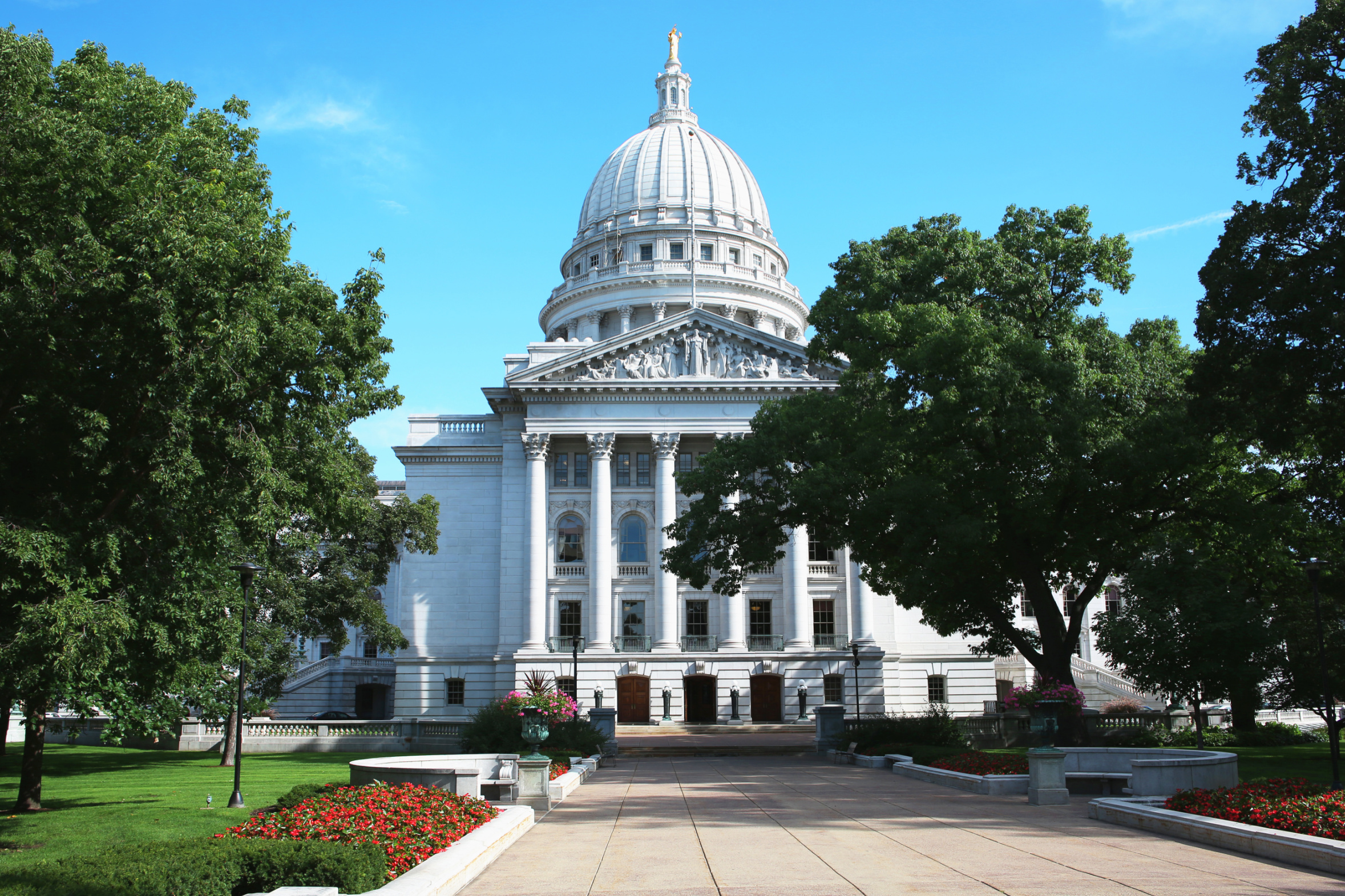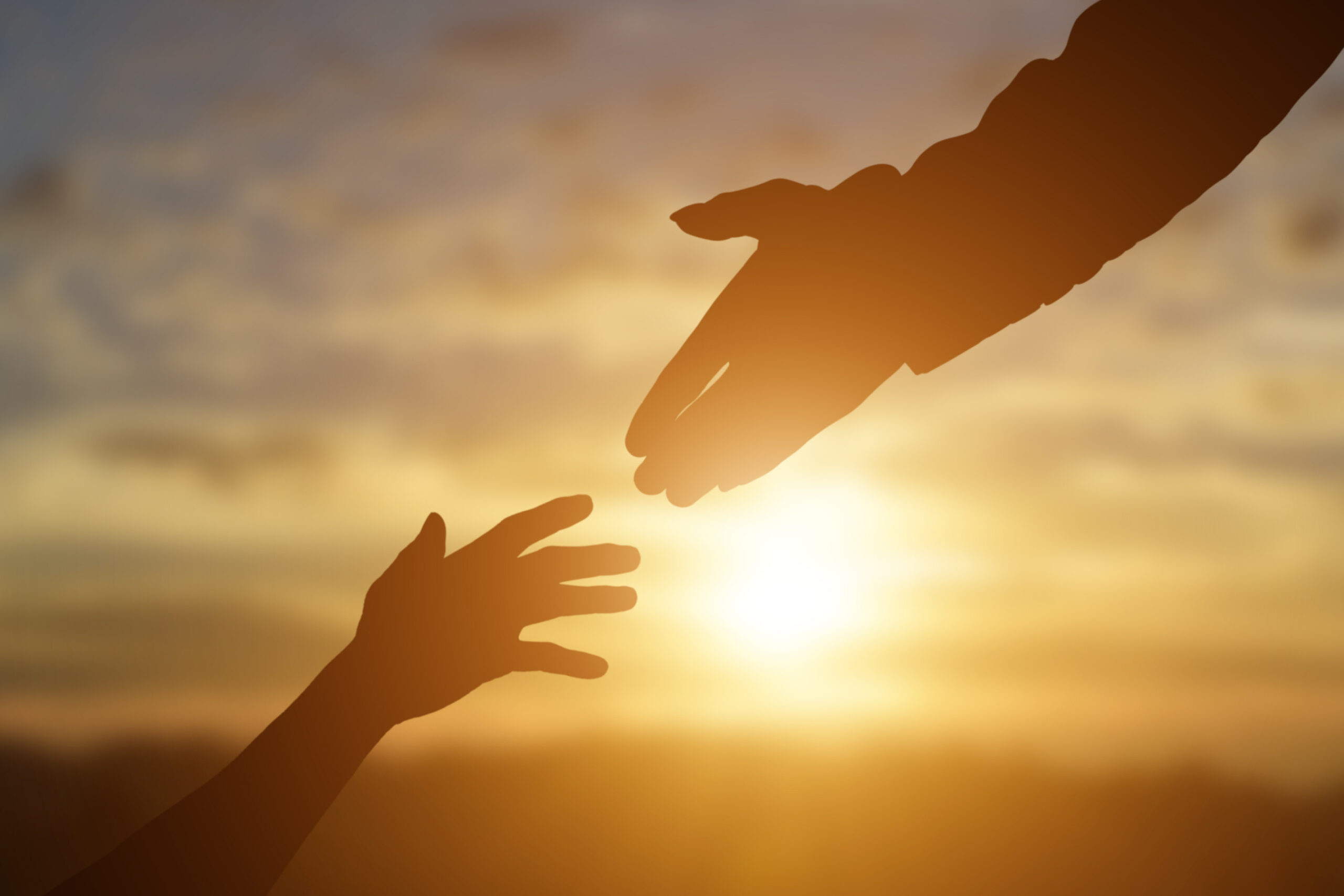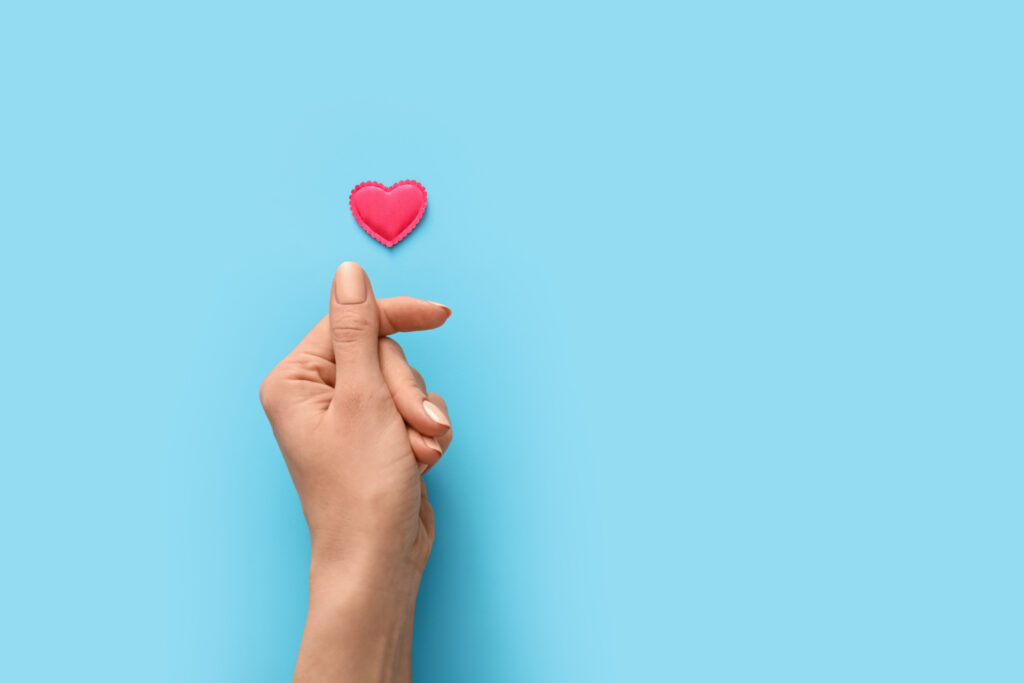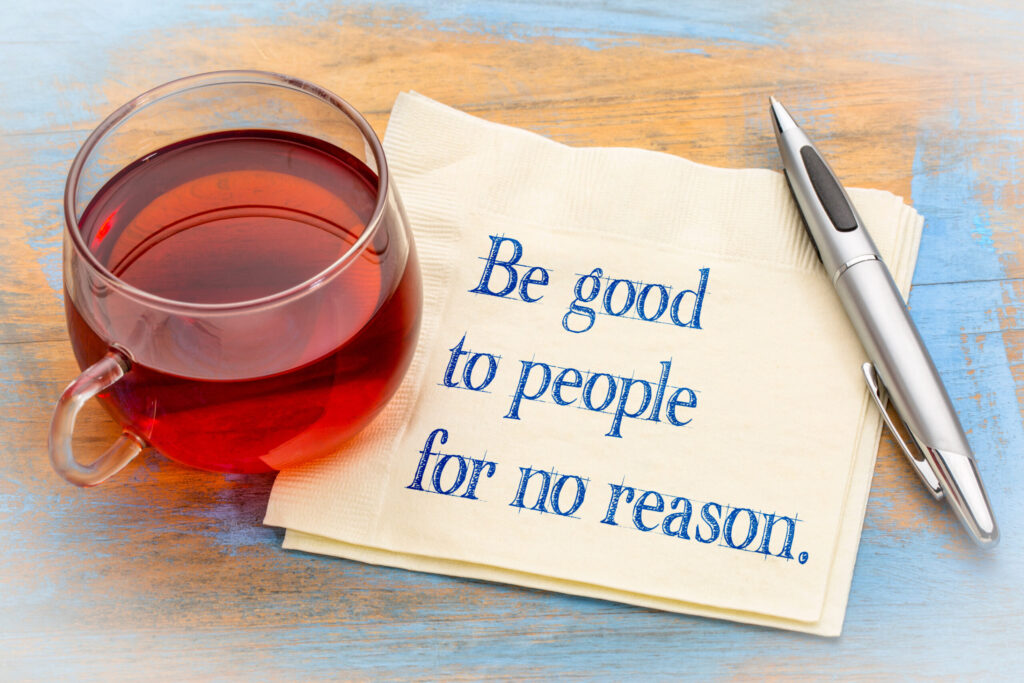Living Civics: Rediscovering Kindness and American Values—Gratitude in Action
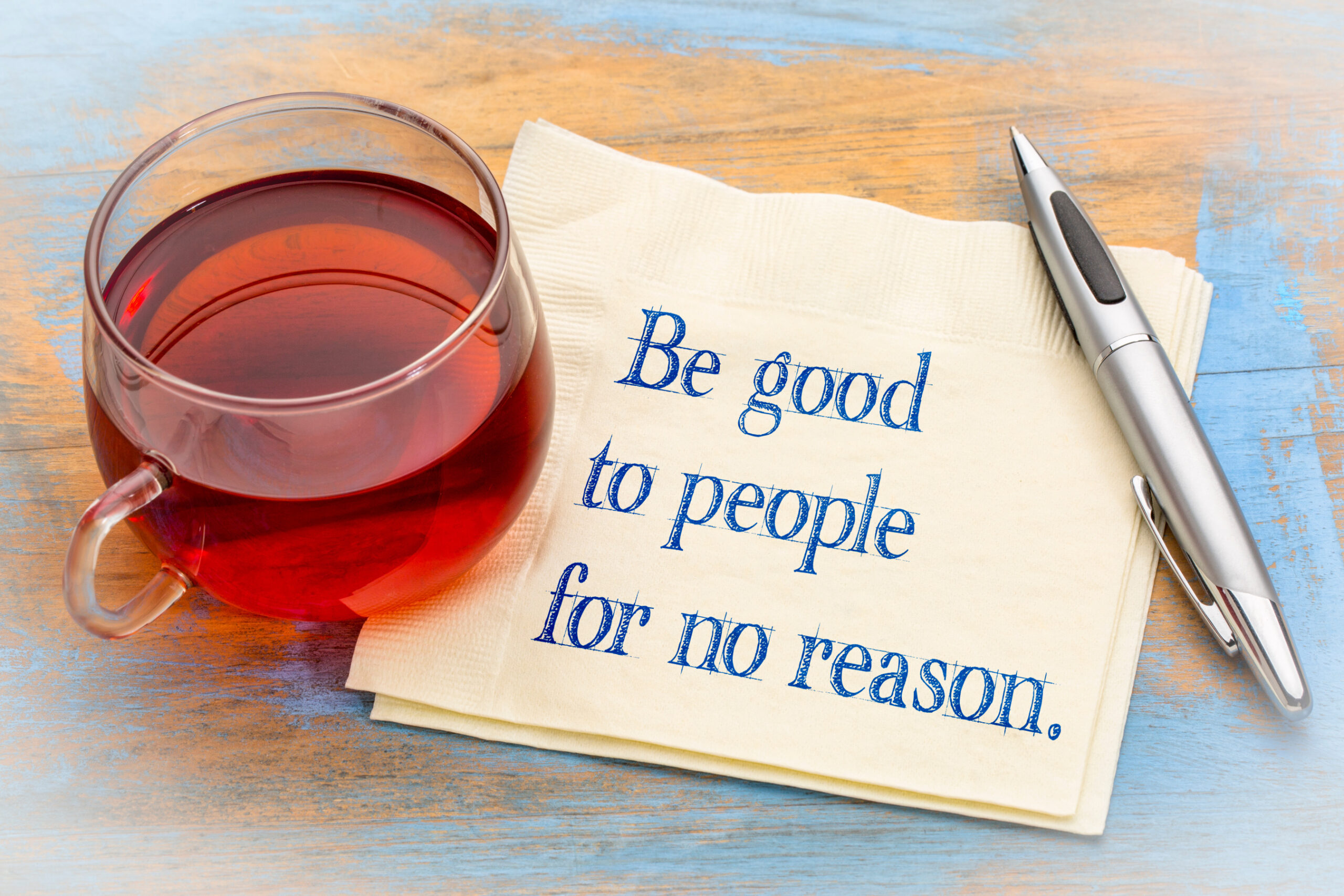
In a world that often feels divided and rushed, the importance of kindness, respect, and civility can’t be overstated. These timeless principles—once the bedrock of American values and civics—seem to be eroding in the noise of modern life. Yet, these small acts of decency have the power to bring us together, bridge divides, and remind us of the shared humanity that unites us all.
This 22-week series, Living Civics: Rediscovering Kindness and American Values, is a journey back to the basics of what it means to be a good person. Each week, we’ll focus on a specific behavior or mindset that not only embodies personal integrity but also strengthens the fabric of our communities. From simple acts of gratitude to respecting others’ boundaries, these lessons are about more than etiquette—they’re about restoring the civility that makes America a truly great place to live.
Being a good person isn’t about grand gestures or perfection; it’s about consistent, everyday actions that show kindness, empathy, and respect. As we revisit these values, we’re reminded that our actions don’t just impact those around us—they shape the future we leave behind. By embracing these lessons, we can contribute to a culture of mutual respect and understanding, setting an example for the next generation.
Together, let’s rediscover the quiet power of civics in action and the enduring importance of kindness. Each step we take toward being better individuals brings us closer to being a better nation.
Acknowledging Help, Showing Appreciation, and Creating a Culture of Kindness
Gratitude is one of the simplest yet most powerful acts of kindness. Studies show that expressing thanks improves both the giver’s and receiver’s mood by up to 25%. This week, we’ll explore why saying “thank you” is a cornerstone of good character, and how taking this small action can create ripples of goodwill throughout our communities.
When you express gratitude, whether for something as small as holding a door or as significant as a colleague helping you complete an important project, you are acknowledging more than just the act—you’re recognizing the person. Saying “thank you” connects us to one another, elevating even the most ordinary interactions into moments of shared humanity. It affirms that we see each other, that we value each other, and that we appreciate the role each person plays in making our lives easier or more joyful. It may seem small, but that simple phrase can spark feelings of validation and mutual respect.
However, the act of showing appreciation goes beyond just saying “thank you.” It’s essential to take time to recognize the effort that others put into helping us, and the impact of their kindness. This can be done through a handwritten note, a thoughtful gesture, or even offering a helping hand in return. True gratitude isn’t limited to a few words; it’s about creating a culture where kindness is not only acknowledged but reciprocated. By doing so, we build a cycle of positivity and support that can transform our interactions, our communities, and our nation.
It’s also important to recognize that kindness isn’t just about receiving help—it’s about offering it as well. The more we express appreciation, the more likely we are to foster an environment where people are eager to help one another. Whether it’s offering someone a seat, giving a compliment, or simply taking the time to listen, small acts of kindness compound over time. They shape the environment in which we live and encourage others to engage in the same behaviors.
In addition to practicing gratitude, we must recognize that kindness goes beyond mere courtesy—it’s a way of life. In a society where the pace of life often discourages thoughtful pauses or meaningful exchanges, taking the time to express gratitude allows us to slow down and reconnect with others. It reminds us that we are not isolated entities but part of a larger, interconnected community where mutual support is the foundation of progress.
Kindness doesn’t just benefit the recipient—it also benefits the giver. When we practice kindness, we enhance our own sense of well-being. Numerous studies have shown that acts of kindness release endorphins, reduce stress, and increase happiness. This creates a virtuous cycle, where the more kindness we give, the more we receive, both from others and ourselves.
This week’s lesson is a reminder that kindness and respect are not just a matter of politeness—they are essential to the well-being of our communities and our nation. By practicing gratitude and kindness consistently, we contribute to the restoration of civility and positive engagement that have long been the hallmark of American values. So, as we go about our daily lives, let’s not underestimate the power of a simple “thank you” or a moment of appreciation. These small acts of decency carry tremendous weight, especially in a world that so often feels disconnected and divided.
Let’s continue to embrace kindness, cultivate respect, and rebuild the connections that bring us together. In doing so, we’ll rediscover the enduring power of civics in action, and help restore the principles that have always made America a beacon of hope and goodwill.
RECENT










BE THE FIRST TO KNOW

More Content By
Jessica Curtis

